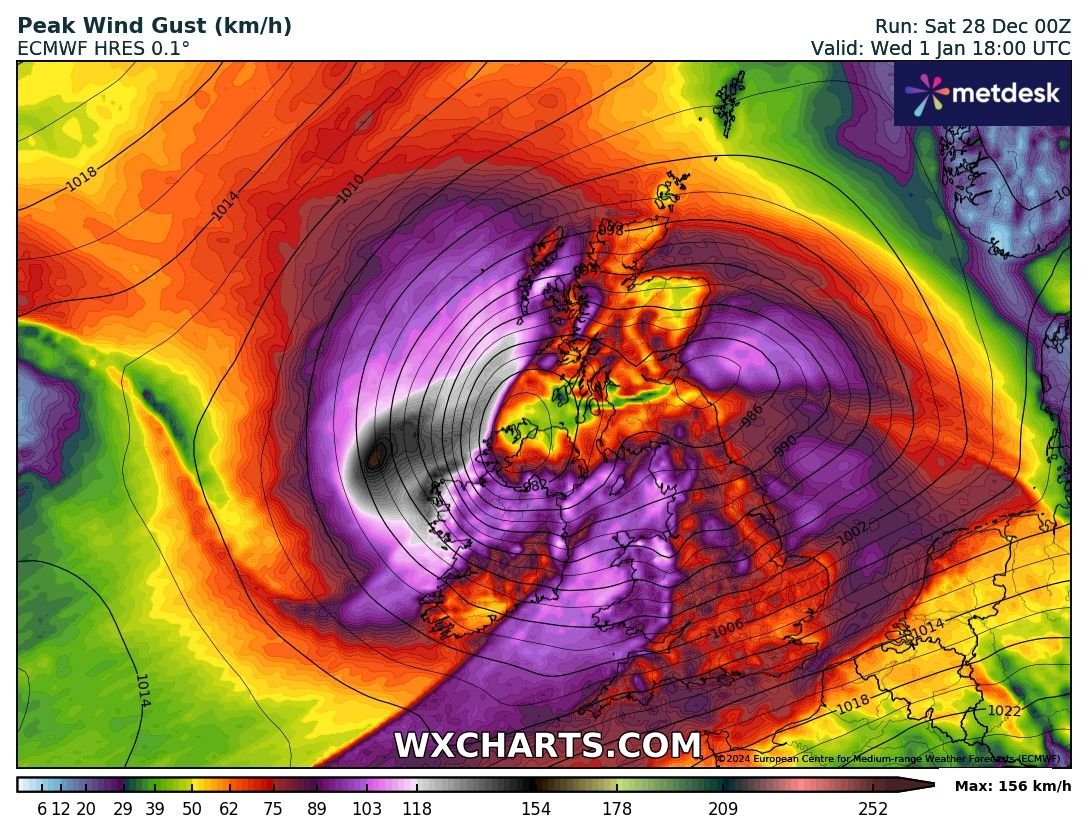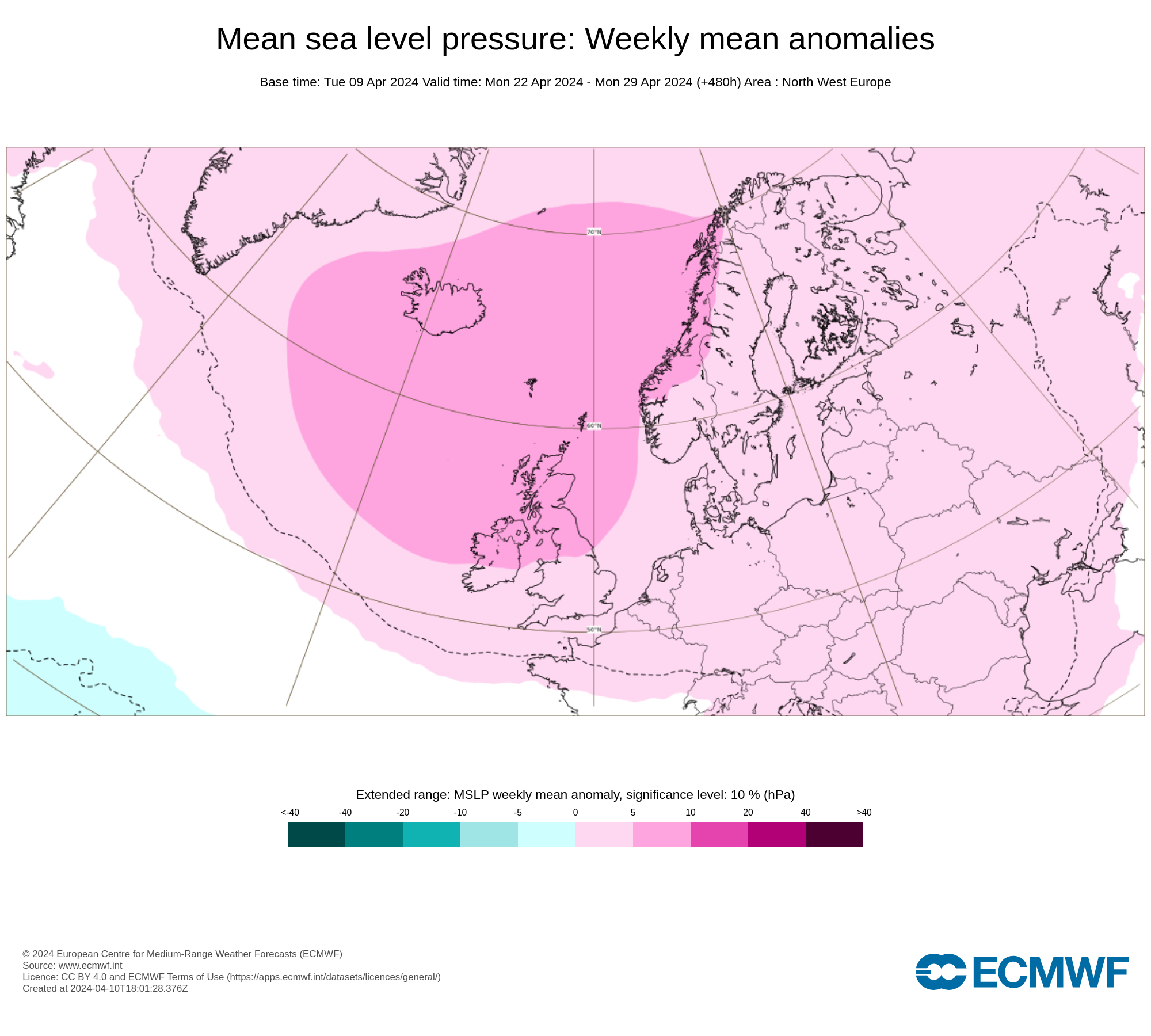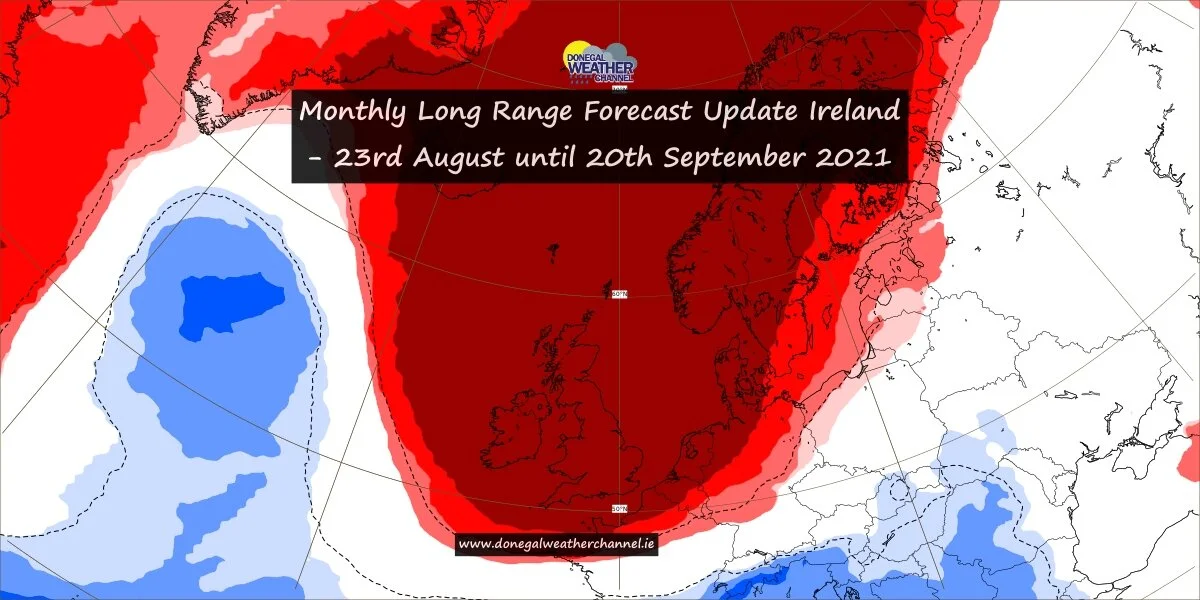State of alert issued for Portugal, Spain and the canary islands as a severe heatwave hits
Some summer sunshine and warmer temperatures expected this weekend
Another heatwave is currently hitting Iberia with temperatures set to rise into the low to mid 40s this week across Portugal, Spain and France as a very hot plume of hot air move northwards which could effect the UK and possibly Ireland next weekend.
A state of alert has been issued in Portugal by its government for high temperatures and fire with Spain sending fire fight equipment resources to Portugal to help them battle fires.
PORTUGAL
Forest fires in Portugal have left 29 people injured, as temperatures are predicted to reach up to 45C (113F) in parts of the country from Tuesday.
On Saturday, the country recorded 125 fires, the highest number in a single day this year, with around 1,500 firefighters currently fighting three big blazes.
Portugal's government declared a state of alert across the country, from Monday to Friday 15 July.
Next week's weather has caused further concerns due to high temperatures.
From Tuesday, the Portuguese weather agency predicts temperatures of up to 45C (113F) in Alentejo - the region between Lisbon and the Algarve - with the rest of the country expecting temperatures in the high 30Cs and low 40Cs.
The agency added that winds of almost 40mph are also expected in several regions.
Cloud forecast Saturday afternoon and evening
What does it mean; what are the rules?
With scorching temperatures across the country, the government has decreed a “Situation of Alert” in a bid to combat outbreaks of rural fires.
The decision implies a list of rules and regulations, some of which people (particularly those on holiday) may not instantly be aware.
Here is the official list of do’s and don’ts:
People are prohibited from accessing, moving about in and staying in any kind of forest space, including established forest paths, rural tracks and any paths or tracks that cross them. This means people who regularly walk in forest areas, or jog/ exercise/ take their children to established picnicking areas or playgrounds CANNOT DO SO while the Situation of Alert is in place – which for now is until next Friday July 15.
Any kind of rural burn-off/ burning is prohibited.
All work in rural areas using machinery, blades or metal disks, is prohibited, with exception of machinery used in firefighting situations.
The use of simple things like lawnmowers in rural areas, strimmers, shredders etc all prohibited as they can cause sparks, and sparks can lead to fires…
Total ban on use of fireworks, and suspension of any permits that have been issued for such.
Situation of Alert prohibitions do not cover:
Works associated with feeding and watering of animals, phytosanitary or fertilization treatment, watering, pruning, harvesting and transport of agricultural crops – provided they are essential and unavoidable and take place within irrigated areas, devoid of forestry, shrubs or flammable material;
Extraction of cork by manual methods and extraction of honey (as long as this is carried out without recourse to fumigation methods obtained by incandescent material or temperature generator);
Construction works, provided that they are unavoidable and take place with adequate rural fire risk mitigation measures in place;
The decree of a Situation of Alert allows for:
An increase in the degree of readiness and operational response by the GNR and PSP, with reinforcement of means for surveillance, supervision, patrols on disruptive behaviour and general support to protection and relief operations that might become necessary;
An increase in the degree of readiness and mobilization of emergency medical teams, public health and psycho-social support, by the competent entities;
Standing mobilization of Forestry Sapper teams;
Permanent mobilization of the National Corps of Forest Officers and Nature Watchers;
Increased level of readiness of response teams of entities with special duty of cooperation in the areas of communications (landline and mobile network operators) and energy (transportation and distribution);
SPAIN
In Spain, temperatures were forecast to climb to 42C (107F) over the weekend in some areas along the border with Portugal.
Spain's June rainfall was about half the 30-year average, and the country's reservoirs are on average at 45% capacity, according to government data.
The European Commission has today mobilized two Spanish planes to fight fires in Portugal, which has triggered the European Civil Protection Mechanism.
“Portugal activated the European Civil Protection Mechanism to request emergency assistance for fires in the central part of the country,” the European Commission said in a statement.
“As an immediate response, the European Commission mobilised this morning two Canadair firefighting planes from its fleet located in Spain”.
The Canary Islands
The Canary Islands will continue with temperatures above 40°C today, Sunday, as the State Meteorological Agency (AEMET) is predicting that it will be the hottest day of the year so far. Given these high temperatures, the General Directorate of Security and Emergencies of the Canary Islands Government have activated the maximum alert for extreme temperatures.
Yesterday (Saturday), Tunte in the south of Gran Canaria recorded the highest temperature in the Canary Islands of 40.3°C at 2pm, and at one point was the hottest place in the whole of Spain. Only Badajoz with 42 degrees, followed by Mérida with 41.2 degrees, were hotter.
In fact, the four highest temperatures recorded yesterday in the islands were in Gran Canaria, as after Tunte it was Lomo de Pedro Afonso (also in San Bartolomé) with 38.3°C; Agüimes 37.9°C; Tejeda, where the thermometers reached 37.1°C; and then Lanzarote airport where the temperature was 36.9°C at midday.
The heat wave that has hit the islands will continue over the next few days particularly inland, at summits, and on the southern slopes of the islands.
Previous records:
Tunte, San Bartolome de Tirajana area was already one of the hottest places in the country, after recording a high of 40.7°C on Thursday, and residents have seen an increase in temperatures of up to 13.2°C in the last five days.
In 2010, this part of the island reached 42.9°C on July 11th, and on July 13th 1952, AEMET recorded 44.2°C at the meteorological station in Gran Canaria airport.
FRANCE
Temperatures of almost 40C are expected from next week, starting tomorrow and building to a peak come next weekend
Temperatures of up to 39C are forecast in France next week, starting tomorrow (Monday, July 11) and building to a peak by Saturday, July 16 and Sunday 17.
However, the intensity and exact geographic spread are not yet clear, nor is it certain if the episode will be considered an ‘official canicule (heatwave)’, said Météo France.
A canicule is declared when there is an “intense and long-lasting period of heat” higher than the seasonal norm, when the heat remains day and night over at least three consecutive days.
The official declaration unlocks certain measures to help vulnerable people cope with the heat, such as public cool rooms for the elderly and homeless.
Des #FortesChaleurs se mettront en place en début de semaine prochaine avec des températures atteignant 38°C dès lundi. Cette chaleur sera durable et s'étendra vers le nord en cours de semaine avec un pic attendu le week-end du 16/07. Évolution en #canicule à suivre. pic.twitter.com/paZomnWxmP
— VigiMétéoFrance (@VigiMeteoFrance) July 9, 2022
mega-fire’ in southern France
A massive fire that ravaged 650 hectares (1,600 acres) and forced people to evacuate in southern France has been brought under control, the fire service said Saturday.
Up to 950 fire fighters backed by aircraft had deployed in the southern Gard region but the “critical phase” has now passed, said fire service spokesman Lieutenant Colonel Eric Agrinier.
“For the moment, the fire is contained. This means that we don’t think it can spread anymore,” he added.
Around 520 fire fighters remain on the ground in the area, he said, 90 kilometres (55 miles) north of Montpellier and the Mediterranean coast.
IRELAND & UK
There are some early signs that the plume of very hot air will work it way towards Ireland & the UK next weekend into the early days of the following week bring a increase in temperatures across Ireland and the UK.


















